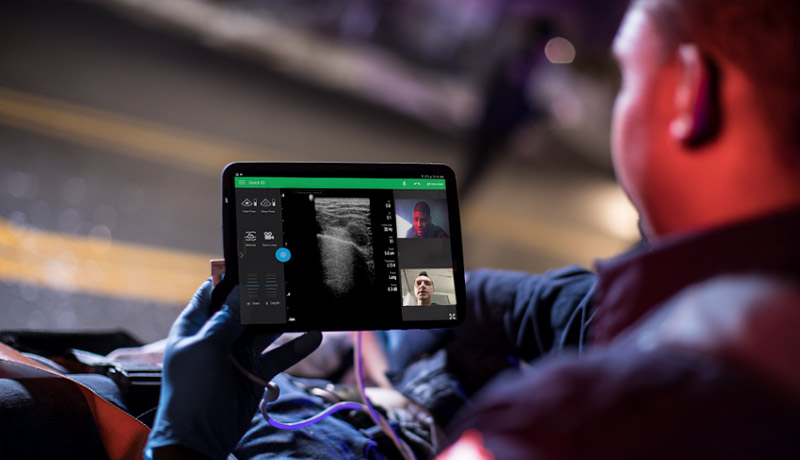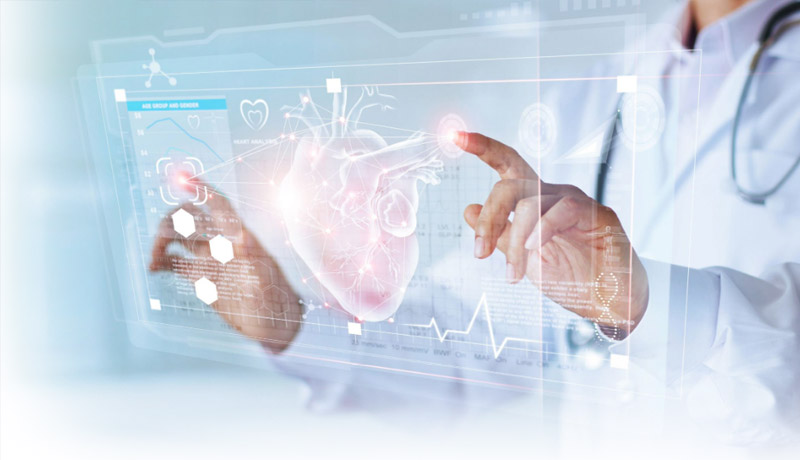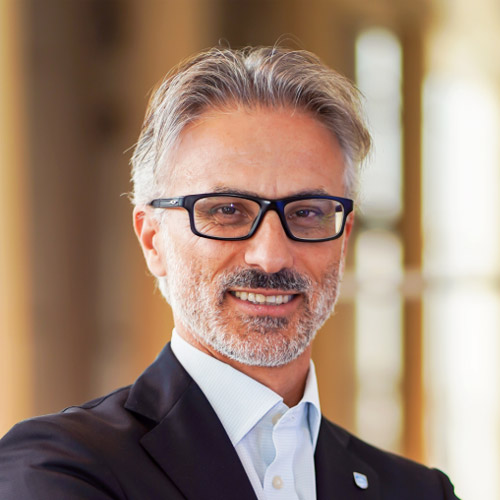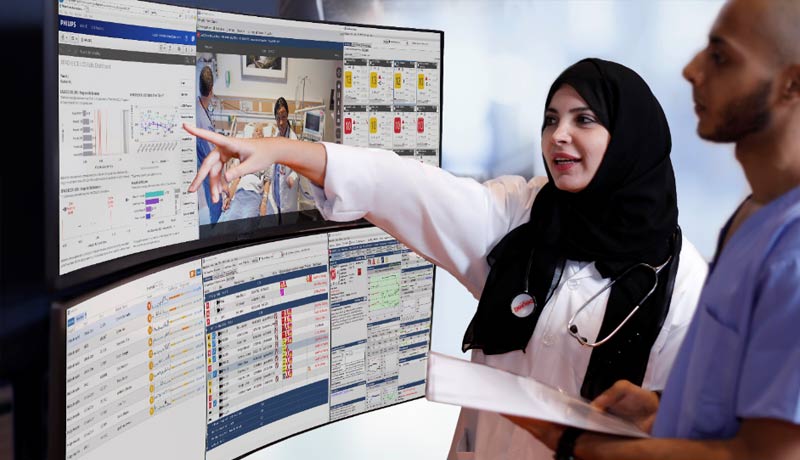
Royal Philips demonstrate a reimagined future of healthcare, realized through AI-driven clinical collaboration command centers and key telehealth solutions, at Arab Health 2021 – the biggest annual regional healthcare conference taking place in Dubai from 21 – 24 June 2021.

The pandemic has prompted a focus on virtual care as it showed its value as a scalable enabler to help deliver quality care when resources are limited – highlighting the need for a more resilient and accessible healthcare system. Communities across the globe quickly embraced virtual care and collaboration as a safe and convenient alternative to legacy care delivery. In parallel, clinician acceptance grew exponentially as collaboration and connectivity from bedside to web-side became the norm. Patients, healthcare providers and physicians soon found benefit in the way technology can link people and places together and we started seeing the new shape of healthcare.

“At Philips we believe that the future of healthcare lies in maximising the opportunities in technological advancements so value based care becomes a daily reality,”says Vincenzo Ventricelli, Chief Executive Officer of Philips Middle East, Turkey & Africa.
He also said, “This means tapping into telehealth and increasing access to specialist healthcare professionals who are in short supply and ensuring cohesive collaboration among those experts.”
Bringing the region, a step closer to patient-centred care and enabling access to specialists regardless of location
During Arab Health 2021, Philips will showcase transformative healthcare innovations and workflows that facilitate communication and collaboration between technologists and experts– now and in the future,addressing the quadruple aim of better health outcomes, improved patient and staff experience, while lowering the cost of care; including:
In addition to a focus on telehealth, Philips will also be showcasing innovations in radiology which is a key focus area if the goals of value-based care are to be achieved. Improved and streamlined workflows is perhaps the most potent area for improvement in radiology today. Powerful workflow solutions improve experiences and outcomes across the imaging enterprise. These solutions integrate into the daily environment, turn data into actionable insights and orchestrate the delivery of the right care in the right sequence at the right time. The Philips Radiology Workflow helps drive clinical and operational efficiency across all phases of the diagnostic enterprise.

Philips will introduceits newly launched Spectral CT 7500, which was designed for first-time-right diagnosis and provides a simple workflow with spectral results 100% of the time. This means that every scan offers both conventional and 100% spectral results, which can translate into a 34% reduction in time to diagnosis, a 25% reduction in repeat scans and a 30% reduction in follow-up scans as part of instituting workflows that deliver better results.
The immediate potential and impact of these innovations are accelerated by current partnerships. For instance du, from Emirates Integrated Telecommunications Company (EITC), and Philips signed a memorandum of understanding (MoU) earlier this month to collaboratively accelerate the critical, data-driven transformation of healthcare in the United Arab Emirates (UAE) in support of the Dubai Health Strategy 2021. This first-of-its-kind partnership will focus collective efforts on realizing value-based care by improving patient and healthcare professionals’ experiences, delivering better health outcomes, at a lower cost of care across the healthcare continuum.
In addition, Philips is part of the Department of Health Abu Dhabi’s Healthcare Innovation Program which aims to make technological advancement progress faster than ever before – this partnership allows for collaboration with healthcare providers, payers, and regulators to shape the future of the region’s healthcare system.
“As a global leader in health technology, we recently celebrated 130 years of innovation, collaboration, and social responsibility with a purpose to improve the lives of 2.5 billion people a year by 2030 through meaningful innovation. We are excited to co-create what the future looks like – bringing together solutions that have the power to transform care to a precision, outcomes-based practice that improve lives and experiences across the region,” added Vincenzo Ventricelli.